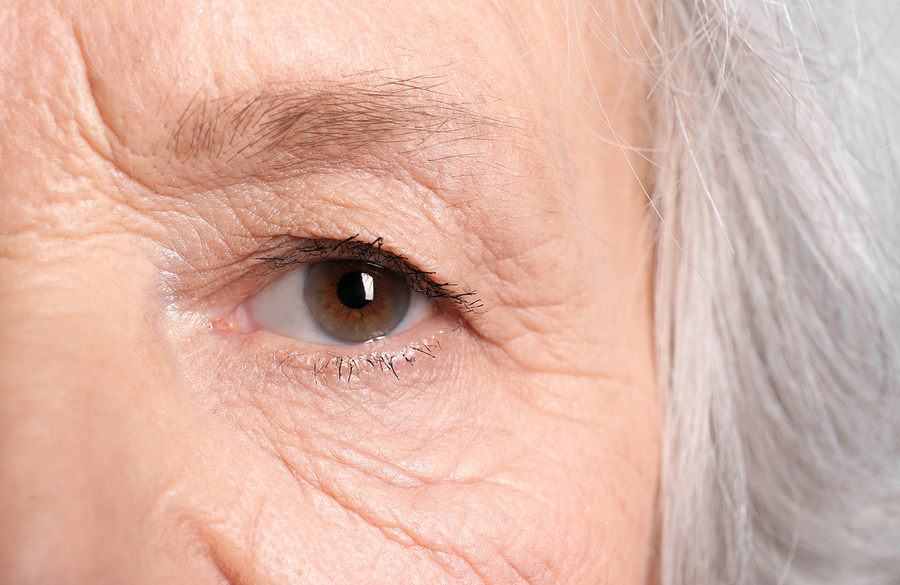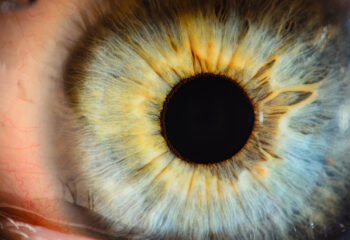You’re not alone if you were recently diagnosed with age-related macular degeneration (AMD).
Age-related macular degeneration (AMD) is a common eye condition that impacts millions in the United States alone. In our previous article, What is AMD?, we explored the different levels and types, as well as major risk factors.
It’s one of the most common causes of visual impairment in older adults, affecting millions in the United States alone. Chances are, the nice woman sitting next to you in a clinic’s waiting room has AMD also, and undergoing treatment.
AMD is caused by deterioration of the cells in the macula, which is the part of the retina that is responsible for your central vision. Why this occurs is complex and multifactorial.
Risk Factors for AMD
The biggest risk factors for AMD that are not under your control include older age, a strong family history of AMD, being Caucasian, and female.
A modifiable risk factor that everyone should avoid is cigarette smoking. Many studies have looked at other various factors, but optimizing your cardiovascular status and being healthy overall is beneficial.
Types of AMD
There are three levels of age-related macular degeneration: mild, intermediate, and advanced.
Mild AMD
Most patients have mild AMD, characterized by small yellow deposits in the macula called drusen, which are accumulations of metabolic byproducts.
Intermediate AMD
Intermediate AMD is when the drusen become larger and more numerous.
Thankfully, vision is usually not affected at these levels of AMD, but it’s important for you to know of the diagnosis because it changes how your eye is examined.
Intermediate AMD is when your doctor will likely recommend taking AMD vitamins, which have been shown in large clinical trials to slow the progression to advanced AMD.
There are many brands of AMD vitamins, but make sure to look for the “AREDS-2” formulation. AREDS stands for “age-related eye disease study,” which is the name of the National Eye Institute clinical trial studying these vitamin combinations.
Advanced AMD
Advanced AMD is when vision loss is noticeable.
There are two types of advanced AMD: geographic atrophy (GA), and “wet” AMD.
GA is a continuation of the dry macular degeneration, where there is a loss of retinal cells, resulting in blind spots. These blind spots usually develop just outside the center of your vision but may progress to involve the center of your vision over time.
We, unfortunately, do not have interventions to reverse this process, but it is one of the “hottest” areas of research in medicine, and there are numerous treatments in the pipelines.
What about the other form of advanced AMD, the “wet” type? Abnormal blood vessels develop underneath the retina and cause bleeding and swelling of the macula. This happened in approximately 10% of all cases of AMD. Common symptoms include blurriness and waviness or loss of central vision.
Please contact your retina specialist immediately if you experience such changes, as we have good treatments now, that can improve or stabilize the vision in the majority of patients.
Up Next
In a follow up article, we’ll explore available treatments for AMD, and why you should remain hopeful if you’ve been diagnosed with age-related macular degeneration.







